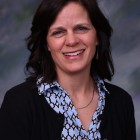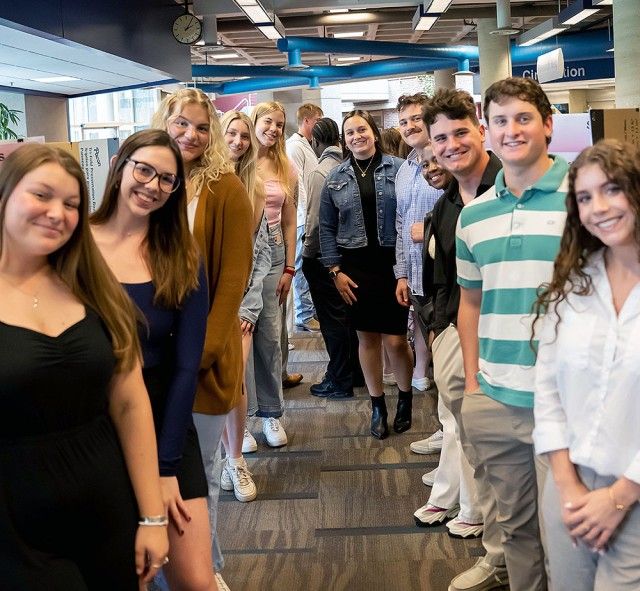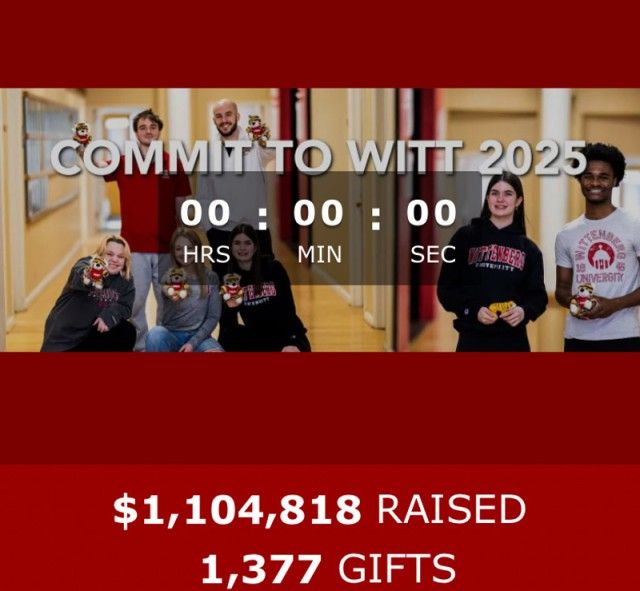Springfield, Ohio – As organizations around the world prepare to celebrate Earth Day on Friday, April 22, all first-year students at Wittenberg University have already taken time during Earth Week to examine their role in climate change and climate change solutions.
As part of the required First-Year Seminar program, students track their personal habits, consider their carbon footprint, and share solutions for creating a more sustainable campus. A key learning goal is to have students reflect on their responsibilities to make a positive difference through personal and community action. Since this initiative was adopted in 2014, approximately 900 students - more than half of all current Wittenberg students - have participated.
This effort is part of a larger one to incorporate sustainability themes across a breadth of courses and disciplines at Wittenberg. An NSF-supported InTeGrate implementation grant awarded to the university in 2014 has resulted in an 80 percent increase in the number of courses that include sustainability themes, such as water quality, climate change, land use, biodiversity and public health.
“Wittenberg is a leader in sustainability curriculum,” said Sarah Fortner, assistant professor of geology and a project leader on the grant. “Our interdisciplinary and community project-based approach provides students with opportunities to gain skills needed to go on to solve challenges in their community.”
The project, “Engaged Sustainability from Curriculum into Community,” connects students, faculty and community agencies. For example, students in Fortner’s environmental science methods course explore issues of justice and health by working with Wittenberg community partners from the City of Springfield, Clark County Combined Health District, Ohio State University Extension, and Springfield Promise Grows to map soil lead in areas targeted for community gardening. Students in other courses have analyzed local water quality and biodiversity or explored the intersection of natural hazards and the supply chain.
Fortner’s success in engaging students in projects within their community has received national recognition. She was selected to co-chair a National Academies of Science Board on Science Education workshop on service learning in the undergraduate geosciences on April 19 in Washington, D.C. Others that are leading the effort at Wittenberg are Amber Burgett, assistant professor of biology, Ruth Hoff, associate professor of languages, Dave Finster, professor of chemistry, and Sheryl Cunningham, associate professor of communications.
Pictured is Sky Schelle meeting with Burgett's freshwater resources class. One group of students characterized the biodiversity of stormwater retention areas to help better understand services provided by local stormwater control measures.







